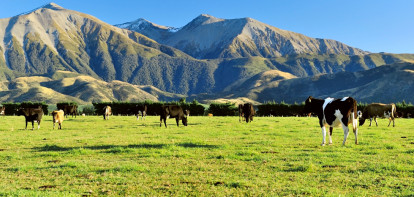News Insights
Foodtrade between EU and UK decreased due to Brexit
Both the export of food to and the import from the United Kingdom have significantly decreased since Brexit, as evidenced by data from the British Centre for Inclusive Trade Policy (CITP). Border controls, more complex regulations, and bureaucracy in particular have led to a decrease in trade movements.
The export of food from the European Union to the United Kingdom has decreased by £4.34 billion (€5.27 billion at current exchange rates) per year over the last three years, a decrease of 8.7%. The export of the British agricultural and food sector to the European Union has decreased by an average of 16.3% compared to three years ago. In absolute terms, the decrease in European exports to the United Kingdom is greater than British exports to the EU. The export of British food to the European Union has decreased by £2.8 billion (€3.4 billion) since Brexit.
Bureaucracy
Exports declined significantly, especially after the United Kingdom reintroduced border controls. In addition, the increase in bureaucracy is a strong barrier. About 90% of British food rules were made in Brussels. However, since Brexit, it is no longer automatic that rules align, leading to a significant increase in trade bureaucracy.
Since the United Kingdom reintroduced border controls with the European Union, a large number of new certificates are now required. The United Kingdom and the European Union are actively negotiating a method to reduce bureaucracy. Finally, stricter regulation of crop protection products makes it more difficult for British companies to market products in the European market. On the other hand, market access for animal products is hindered because the United Kingdom has stricter animal welfare requirements post-Brexit than in the European Union, according to CITP.

